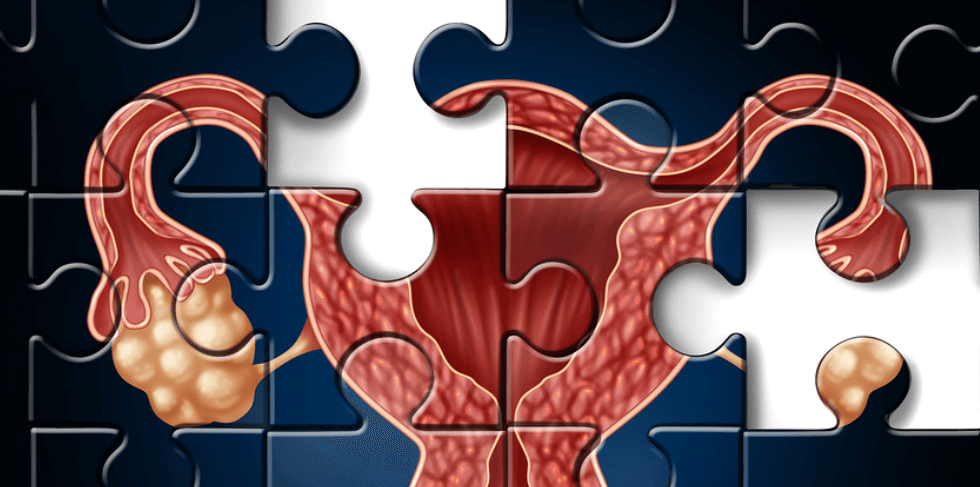5 Things You Didn’t Know About Fertility
What affects a woman’s fertility and ability to conceive a child? A lot of things. And… not a lot of other things. Here are five interesting facts we unearthed about female fertility.
1. What is the most important factor influencing a woman’s fertility?
Age. Your fertility is most dependent on your age. Once you begin ovulating as a youth to when you stop ovulating after menopause, your fertility levels continue to change. Everyone is different, but most women are most fertile between the ages of 20-25. However, it is still possible to conceive into the 40s.
2. How many eggs is a woman born with?
1-2 million. About 300-400 of these are released during ovulation throughout her life.
An AMH Test measures the Anti-Mullerian Hormone, a hormone in your blood that indicates your ovarian reserve – or the amount of eggs you have left. Check your ovarian reserves from the comfort of your home with Webdoctor.ie’s AMH Home Test Kit.
3. True or False: Drinking coffee increases your fertility.
False. Coffee may make you feel energised and productive, but multiple studies have suggested that caffeine may cause contractions that interfere with the process of eggs traveling from the ovaries to the womb.
Don’t worry too much about this – other studies have found no link at all between caffeine intake and fertility.
4. True or False: Yeast infections affect your fertility levels.
False. Yeast infections and other vaginal infections have no effect on fertility.
However, Sexually Transmitted Infections can. Chlamydia and Gonorrhea can cause fertility problems, especially if left untreated. As chlamydia can remain symptomless, it’s important to get STI tested regularly.
5. True or False: Excessive exercise decreases your body’s ability to conceive.
True. One study found that women of a normal weight who took vigorous exercise more than 5 hours a week found it more difficult to conceive.
Don’t take this as incentive to stop exercising. Its physical and mental health benefits are undeniable. It’s good to take into account, however, if you do exercise vigorously on a near-daily basis.
If you are interested in testing your own fertility, consider taking an AMH blood test, which tests for Anti-Mullerian Hormone. This hormone in the blood correlates with your ovarian reserve, which can give you an idea of your fertility.





